AI Answer Evaluation Platform Live Now. Try Free Answer Evaluation Now
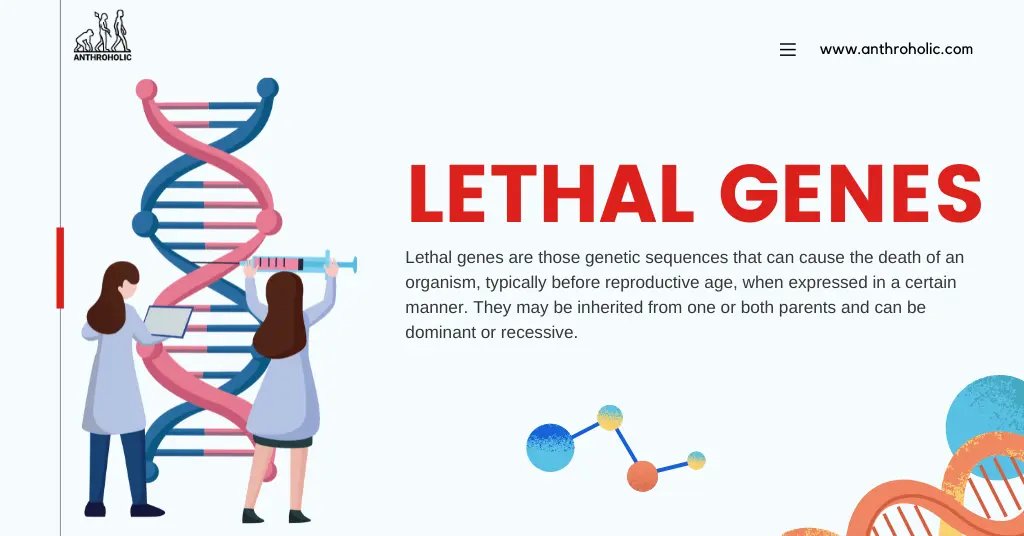
Lethal Genes
Lethal genes are those genetic sequences that can cause the death of an organism, typically before reproductive age, when expressed in a certain manner.
+91-7303290503, +91-9557169661 | MON to SUN 10:00 AM - 6:00 PM
Genetics is the scientific study of heredity, gene structure, and function. This category delves into the fundamental principles of genetics, including topics such as DNA, genetic variation, and the regulation of gene expression. From exploring the genetic basis of human traits and diseases to understanding the role of genetics in evolution, learn about the science of heredity and its impact on our lives.

Lethal genes are those genetic sequences that can cause the death of an organism, typically before reproductive age, when expressed in a certain manner.
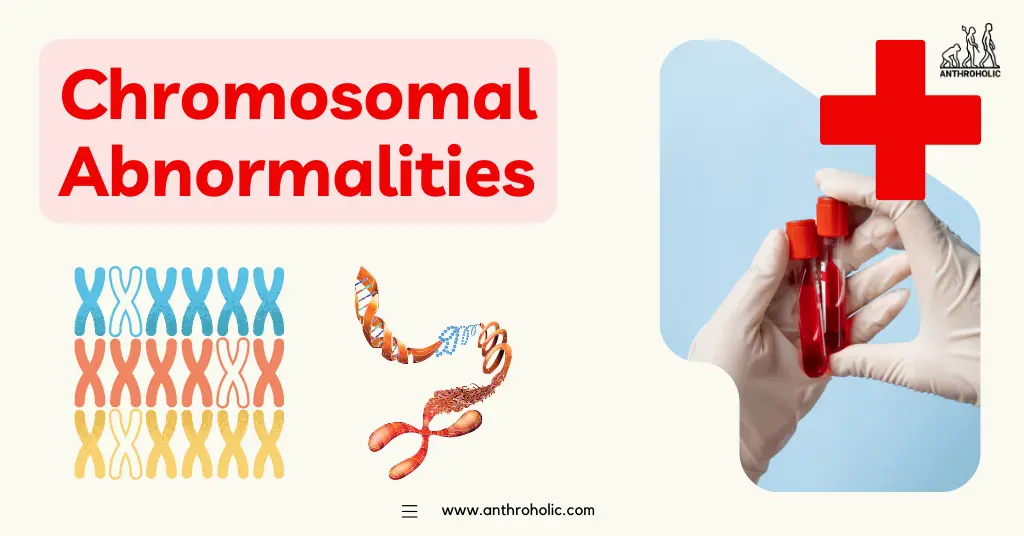
Chromosomal abnormalities occur when there is a significant change in the number or structure of chromosomes in a person's cells. This can include deletions, duplications, inversions, or translocations of chromosome parts.
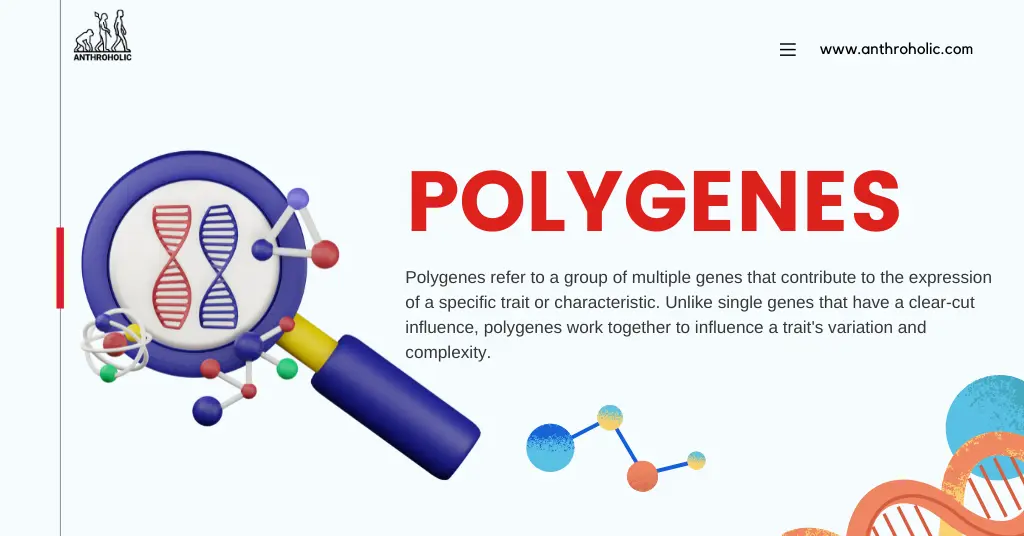
Polygenes refer to a group of multiple genes that contribute to the expression of a specific trait or characteristic. Unlike single genes that have a clear-cut influence, polygenes work together to influence a trait's variation and complexity.
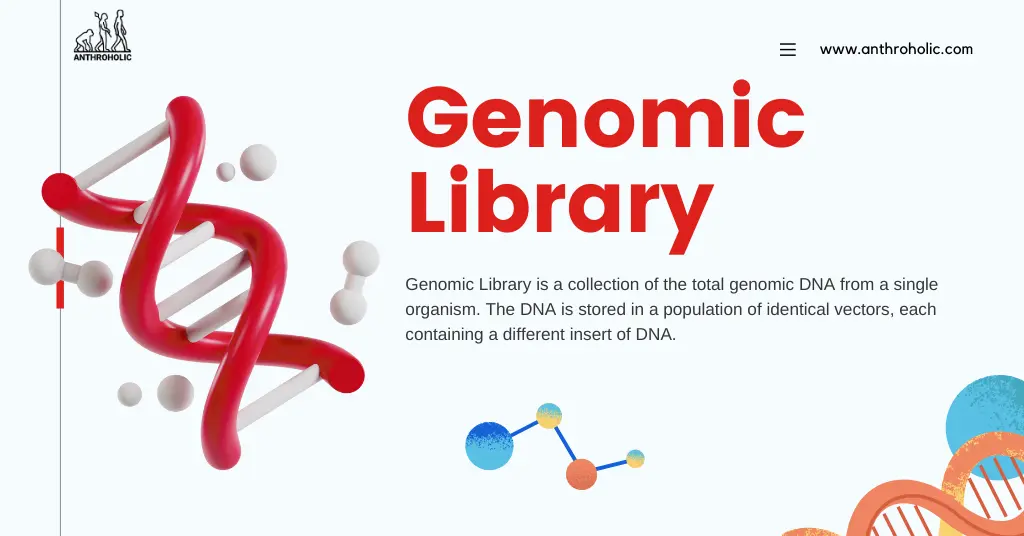
Genomic Library is a collection of the total genomic DNA from a single organism. The DNA is stored in a population of identical vectors, each containing a different insert of DNA.
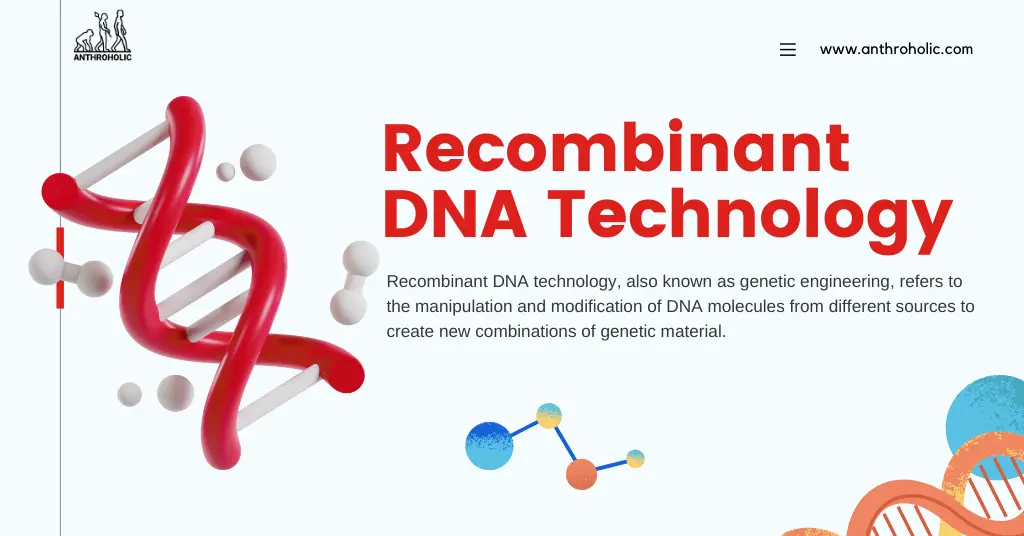
Recombinant DNA technology, also known as genetic engineering, refers to the manipulation and modification of DNA molecules from different sources to create new combinations of genetic material.
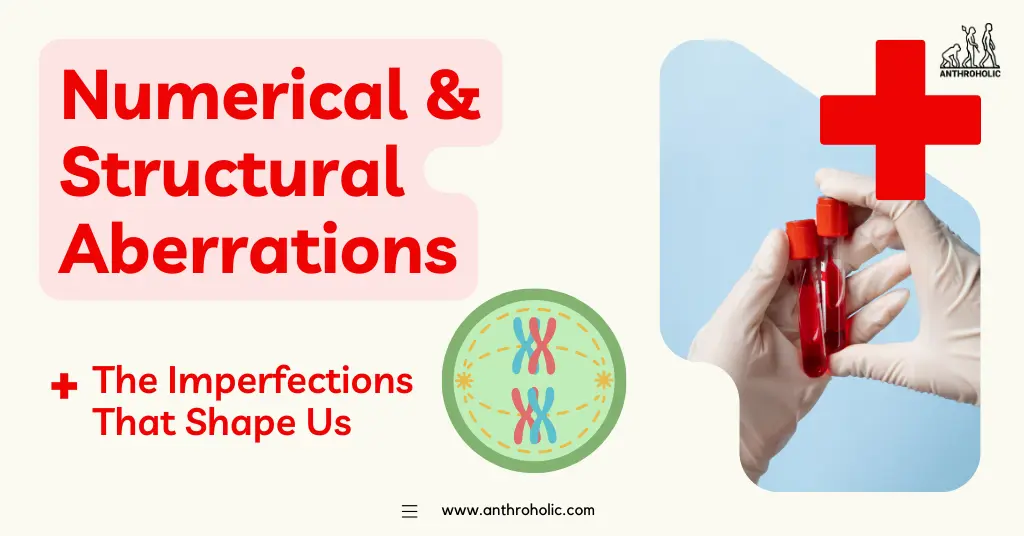
While the standard blueprint of human genetic material consists of 46 chromosomes, sometimes, nature deviates from this pattern. These deviations, referred to as chromosomal aberrations or disorders, manifest in two primary forms: numerical and structural aberrations.
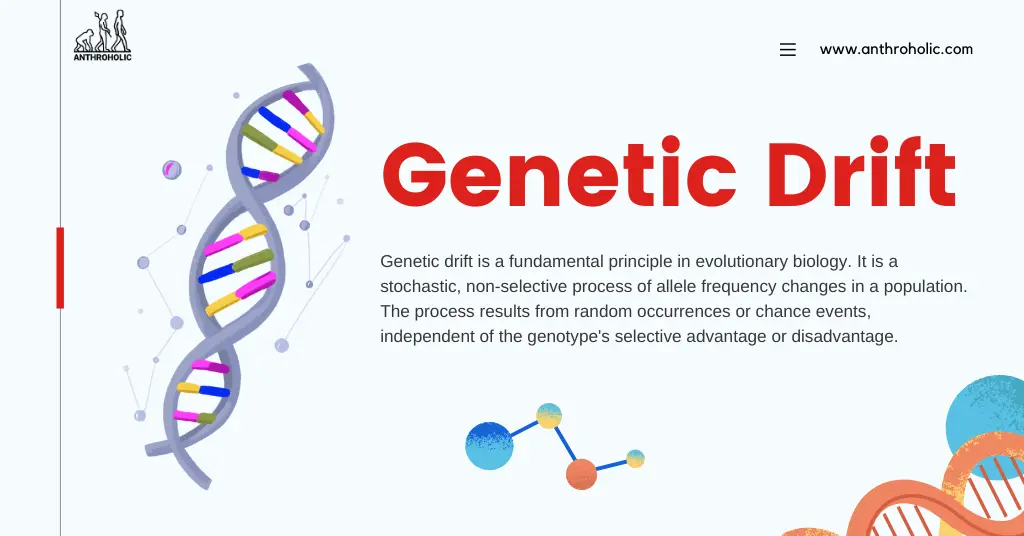
Genetic drift is a process of random sampling. Every generation, alleles are sampled from the existing gene pool to create the next generation. Due to random chance, some alleles get over or underrepresented, leading to changes in their frequency in the population.

Blood transfusion is a common medical procedure where donated blood or blood components are transferred into a person's circulatory system. This life-saving process can be crucial in various situations such as surgeries, trauma, severe anemia, or conditions that affect blood clotting.
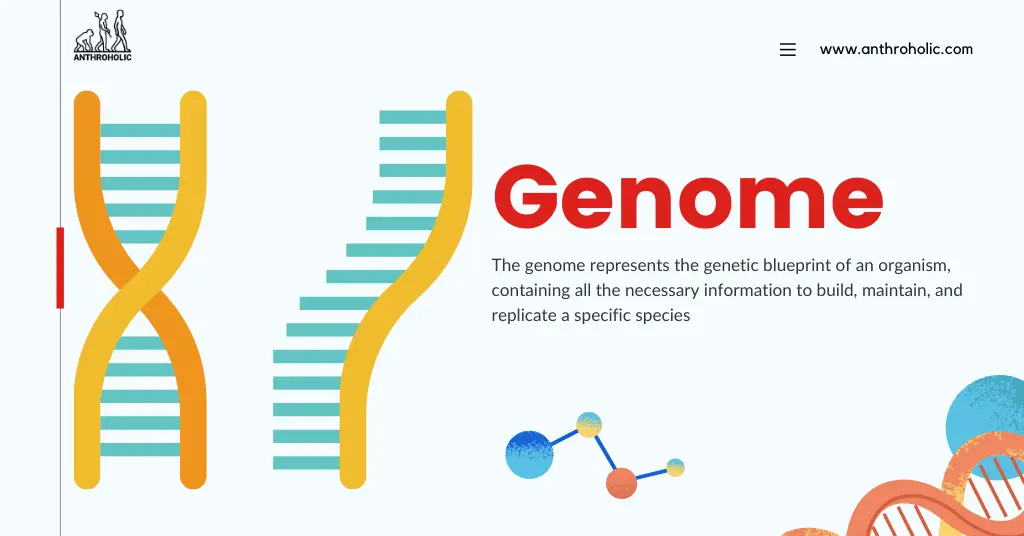
The genome represents the genetic blueprint of an organism, containing all the necessary information to build, maintain, and replicate a specific species
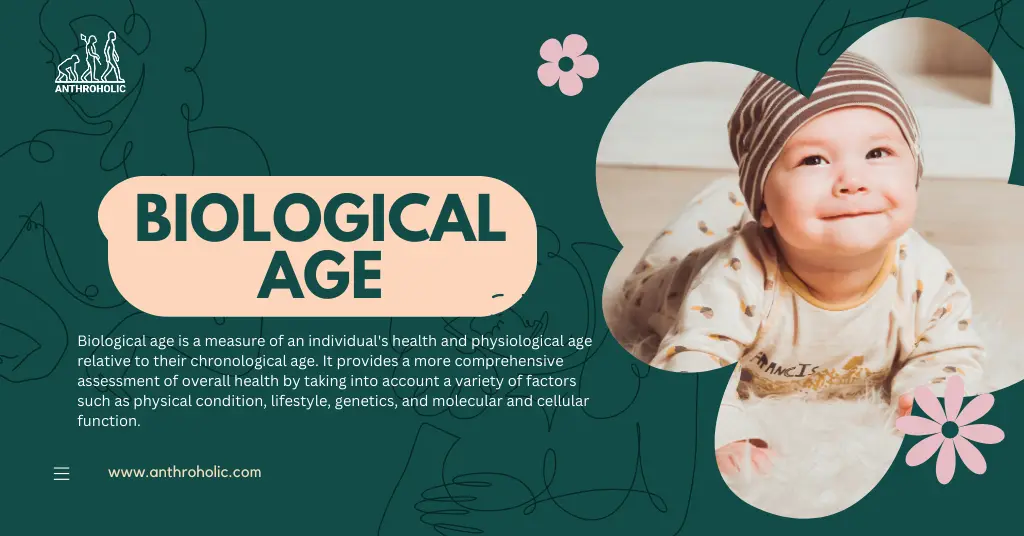
Biological age is a measure of an individual's health and physiological age relative to their chronological age. It provides a more comprehensive assessment of overall health by taking into account a variety of factors such as physical condition, lifestyle, genetics, and molecular and cellular function.
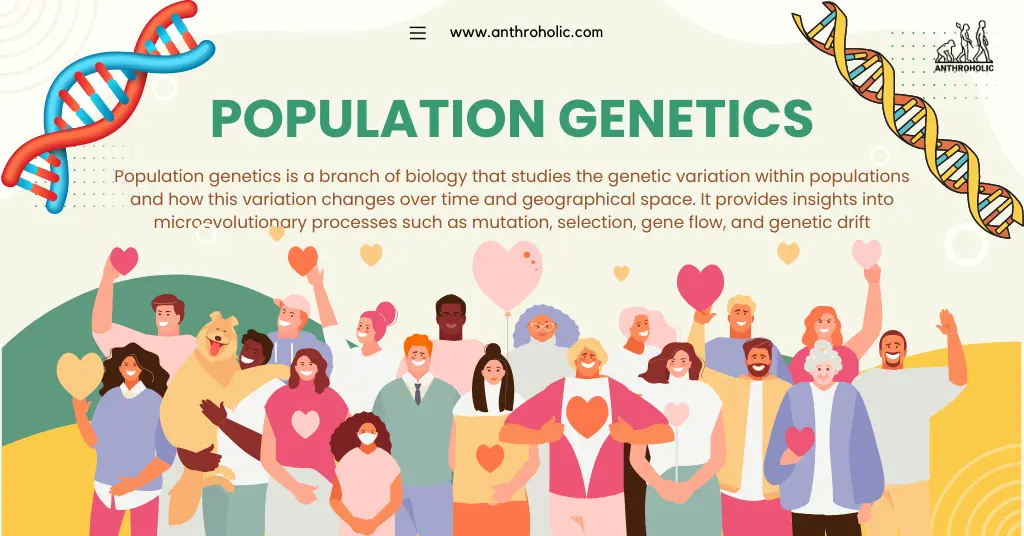
Population genetics is a branch of biology that studies the genetic variation within populations and how this variation changes over time and geographical space. It provides insights into microevolutionary processes such as mutation, selection, gene flow, and genetic drift.

Among the various blood types, one holds a unique and vital role: O negative, the universal donor blood group. Every minute, people across the globe